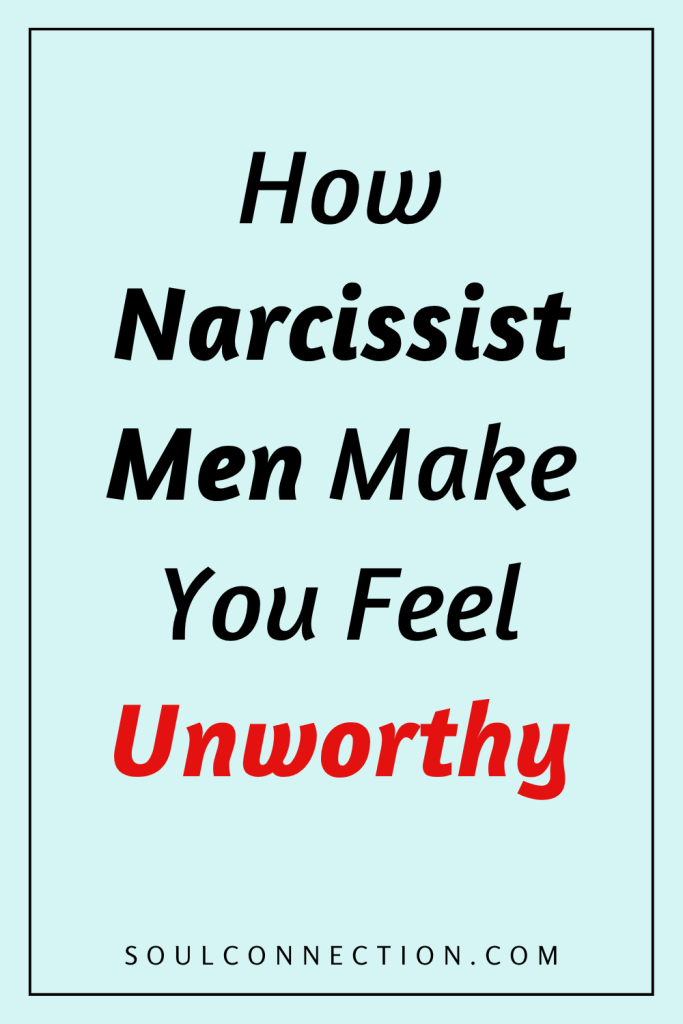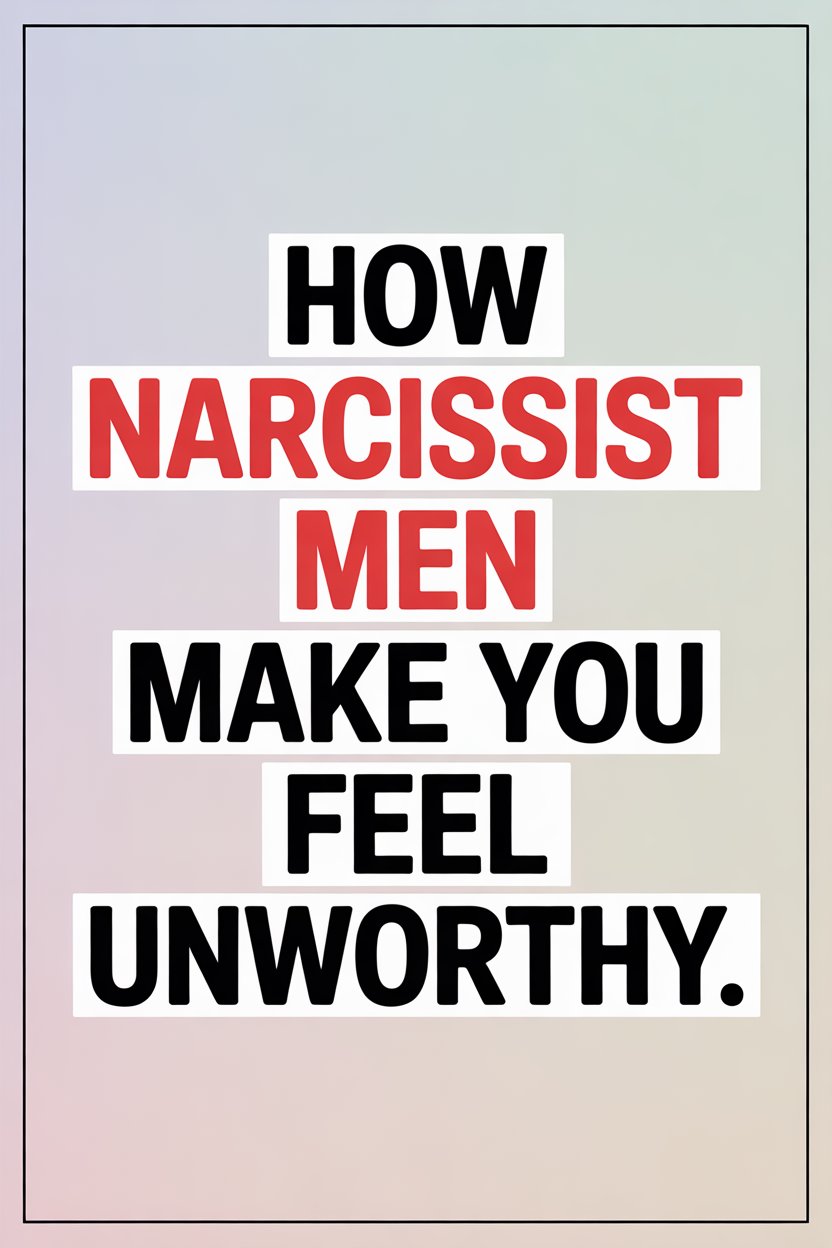Ever been around someone who makes you question your own worth, even when you know you’re pretty fantastic? Welcome to the joyride that is a relationship with a narcissist.
Their speciality? Making you feel two inches tall while acting like the world’s most misunderstood genius. Grab a cuppa—this is about to get uncomfortably familiar.
The Magic Trick Called Gaslighting
Narcissists are the Houdinis of emotional manipulation. One minute, you’re discussing something that actually happened, the next, you’re doubting your own memory.
“That never happened. You’re imagining things.” Oh, the classics.
Gaslighting isn’t just a trendy buzzword. It’s a psychological tactic that leaves you questioning your reality. Was it your fault? Did you really overreact?
Before you know it, you’re apologizing for things you didn’t even do, convinced your memory is the real villain here.
Criticism Disguised as ‘Helping’
Somehow, narcissists manage to pass off criticism as constructive feedback. Apparently, your outfit choice is “brave.” The meal you cooked is “not quite what I’m used to, but good effort.” These gems sound like compliments with a side of backhand.
It’s a sneaky little way to keep you off balance. If you challenge them, you’re “too sensitive.” If you stay quiet, the hits keep coming. Confidence in your taste, skills, even your conversations starts to erode.
You might find yourself second-guessing everything—“Would he approve?” becomes the new “Do I like this?”
The Case of the Missing Empathy
Empathy in narcissists is about as common as a unicorn sighting. For every rough day you have, somehow, they’ve had it worse. Or, your struggles are “no big deal.” When you need a shoulder, you get a shrug.
That emotional validation—the reassurance that your feelings make sense—goes missing. Repeated enough times, you start to believe that your emotions really are excessive, dramatic, or just plain wrong.
Suddenly, you’re the one apologizing for needing basic human decency.
Playing the Comparison Game
Narcissists have a PhD in comparison. Your boss, your ex, your best friend’s husband—suddenly, everyone is doing it better than you. Why can’t you be more successful? More fun? More like “Sarah from accounting”?
These comparisons aren’t accidental. The goal is to keep you on your toes, always striving, but never quite measuring up. It’s exhausting, isn’t it? No matter what you do, you’re left feeling like the store-brand version of your own life.
Withholding Affection as a Power Move
Affection from a narcissist is like WiFi at a dodgy Airbnb: unreliable and only available when you beg for it. They dole out love, praise, or even basic attention only when it benefits them—or when they sense you might be slipping away.
This is the relationship equivalent of dangling a carrot. You chase the high of their approval, convinced you need to earn it. The result? You work harder, love more, and lose pieces of yourself in the process.
Blame Shifting and the Art of Never Being Wrong
Ever try to point out something they did wrong? Suddenly, the conversation does a triple backflip and lands squarely on your shortcomings. “You made me do it.” “If you hadn’t… then I wouldn’t have…”
Accountability? Nowhere to be found. You end up carrying the guilt for their mistakes, their moods, and sometimes even their bad day at work. The more you accept the blame, the smaller you feel.
The Cycle of Idealization and Devaluation
Remember the start, when you were perfect? The pedestal days are intoxicating. Then, without warning, you’re knocked off that pedestal so hard, you’re still looking for your dignity in the couch cushions.
This cycle—first being adored, then criticized or ignored—keeps your self-esteem in a constant state of whiplash. You crave the return of those early days and start believing that if you just try harder, things will go back to “normal.”
Spoiler: This is the new normal.
Your Needs Take a Back Seat
Ever try expressing what you want, only to watch their eyes glaze over? Narcissists have a sixth sense for shifting the focus back onto themselves.
Your birthday plans morph into their “big work week.” Your feelings become an inconvenience.
After a while, voicing your needs feels like a lost cause. You start minimizing your desires, thinking you’re too demanding. (You’re not. You’re just hoping for basic reciprocity. What a concept.)
Isolation: The Silent Saboteur
Relationships with narcissists have a way of shrinking your world.
Friends and family start getting edged out, either because he sours you on them—“They’re jealous of what we have”—or because you’re simply too drained to maintain those connections.
Once you’re isolated, you become far more reliant on your partner for validation and reality checks. That’s exactly where a narcissist wants you: alone, dependent, and easy to control.
The Subtle Undermining of Your Achievements
Accomplishments, big or small, should be occasions for celebration. Yet, with a narcissist, your wins become theirs (somehow), or they’re met with dismissiveness. “Anyone could have done that.” “Did you really do it by yourself, though?”
The message, again and again, is that you’re not as impressive as you think. Your confidence takes hit after hit. Soon, you’re whispering your victories, just in case they get shot down.
The Emotional Rollercoaster and Its Aftermath
Being with a narcissist is less “romantic comedy,” more “psychological thriller.” The mood swings, the unpredictability, the walking-on-eggshells routine—these all combine to keep you on constant alert.
That background anxiety seeps into everything. You start questioning your own reactions, doubting your worth, and believing that peace is just one more compromise away. Exhausting, right?
How to Start Reclaiming Your Worth
Escaping the trap isn’t about changing him (good luck with that). It’s about rediscovering what makes you valuable, regardless of what your narcissist-of-choice thinks. Here’s where the magic really happens:
- Spend time with people who see the real you.
- Remind yourself of the facts when gaslighting clouds your memory. Write things down if you need to.
- Celebrate your small wins—out loud, with people who cheer for you.
- Start setting boundaries. Even small ones. The word “no” is your birthright.
- Seek support—a friend, a therapist, even an online group. There’s nothing wrong with needing backup.
You Are Not the Problem
A narcissist’s mission is to make you believe you’re the root of every issue. Spoiler alert: You are not. Their inability to empathize, validate, or take responsibility is not a reflection of your value.
Feeling unworthy is not your natural state—it’s a side effect of being caught in someone else’s emotional maze. It takes time, and sometimes a few false starts, but your sense of worth can—and will—make a comeback.
Finding Your Balance Again
Rebuilding self-worth after a narcissistic relationship is a lot like learning to walk again after rolling your ankle on a cobblestone street.
Slow, a bit painful, probably with some colorful language along the way. But every step is worth it.
The freedom to trust your instincts, celebrate your successes, and know your feelings matter—it’s all still there, waiting for you.
No narcissist required.


